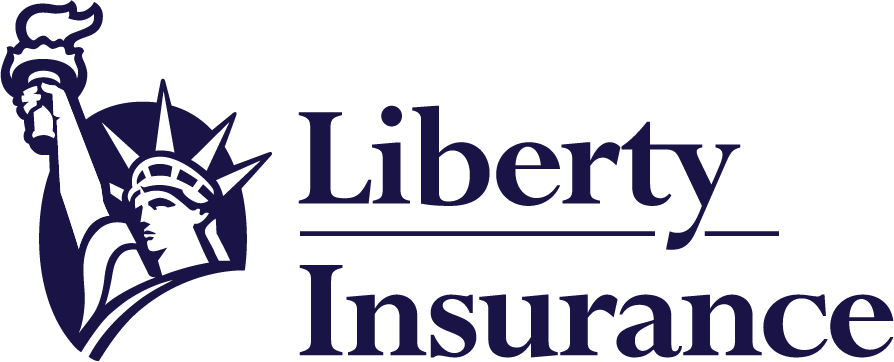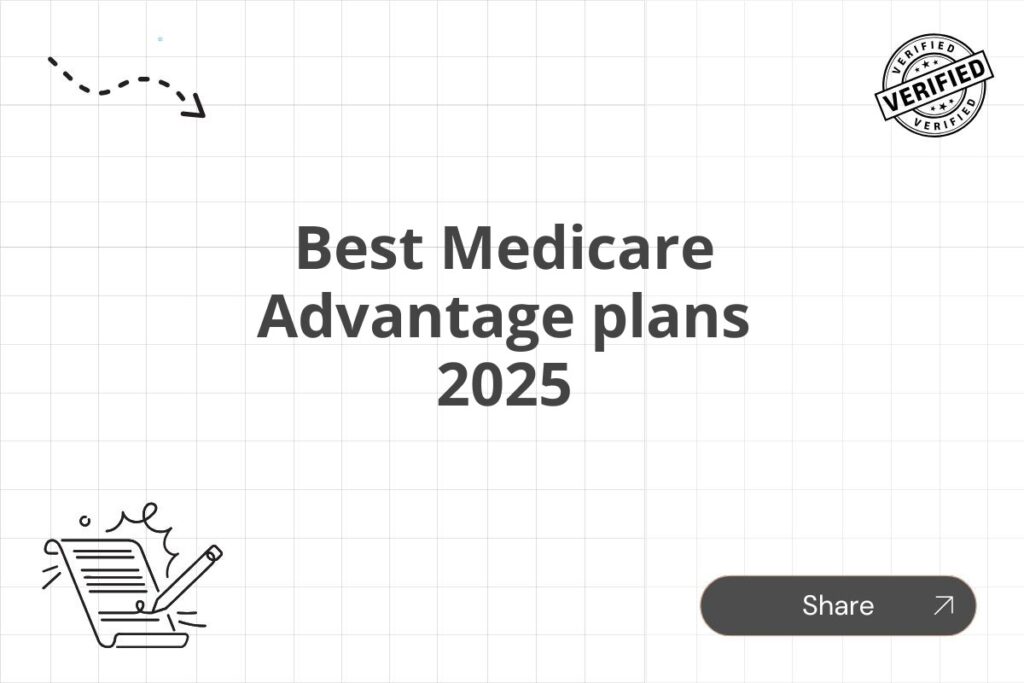Meta Description: Find the best Medicare Advantage plans for 2025. Our comprehensive guide compares top providers, benefits, costs, and coverage options to help you make an informed decision. Get personalized recommendations and ensure optimal healthcare coverage.
Choosing the right Medicare Advantage plan can feel overwhelming, but understanding your options is crucial for accessing quality healthcare in 2025. This comprehensive guide will walk you through the key factors to consider when selecting a plan that best suits your individual needs and budget. We’ll explore the top contenders, analyze their strengths and weaknesses, and provide you with the tools you need to make a confident and informed decision.
Medicare Advantage (Part C) plans are offered by private insurance companies and provide an alternative to Original Medicare (Part A and Part B). They typically include Part A (hospital insurance) and Part B (medical insurance) coverage, along with extra benefits that Original Medicare doesn’t offer. These extra benefits can significantly enhance your healthcare experience and potentially save you money.
Understanding Medicare Advantage Plans
Before diving into specific plans for 2025, it’s vital to understand the different types of Medicare Advantage plans available. This will help you narrow down your choices and focus on plans that align with your healthcare preferences and financial situation.
HMO (Health Maintenance Organization)
HMO plans typically require you to choose a primary care physician (PCP) within the plan’s network. Referrals from your PCP are often needed to see specialists. While HMOs usually have lower premiums, accessing out-of-network care can be significantly more expensive or even impossible.
PPO (Preferred Provider Organization)
PPO plans offer more flexibility than HMOs. You can typically see specialists without a referral and have the option to see out-of-network doctors, although this will usually result in higher out-of-pocket costs. PPO plans usually have higher premiums than HMOs.
EPO (Exclusive Provider Organization)
EPO plans are similar to HMOs in that they require you to choose a PCP within the network. However, unlike HMOs, EPOs typically allow you to see specialists without a referral. Seeing out-of-network providers is generally not covered.
POS (Point of Service)
POS plans blend aspects of HMOs and PPOs. They usually require a PCP, but offer some flexibility to see out-of-network providers at a higher cost. This option provides a balance between cost and flexibility.
Key Factors to Consider When Choosing a Plan
Selecting the best Medicare Advantage plan for 2025 involves careful consideration of several critical factors. Ignoring these factors could lead to unexpected expenses and limit your access to necessary healthcare.
Top Medicare Advantage Plan Providers for 2025 (Illustrative – Replace with Actual Data)
(Note: This section requires up-to-date information from reliable sources like CMS. The following is for illustrative purposes only and should be replaced with accurate data for 2025.)
Several major insurance companies offer competitive Medicare Advantage plans. It’s crucial to compare plans from multiple providers to find the best fit for your needs. Here are some examples (replace with actual data and rankings):
Finding the Best Plan for You
The best Medicare Advantage plan for you depends on your individual circumstances, healthcare needs, and budget. Several resources can help you navigate the selection process:
Conclusion
Choosing the right Medicare Advantage plan for 2025 is a significant decision. By carefully considering the factors outlined above and utilizing the available resources, you can find a plan that provides comprehensive coverage, meets your healthcare needs, and fits within your budget. Remember to compare multiple plans, review plan details meticulously, and seek professional advice if needed. Your health and financial well-being depend on making an informed choice.
Disclaimer: This information is for general guidance only and does not constitute professional medical or financial advice. Always consult with a qualified healthcare professional and financial advisor before making any decisions about your healthcare coverage.






















